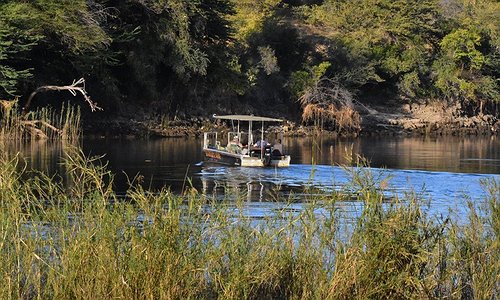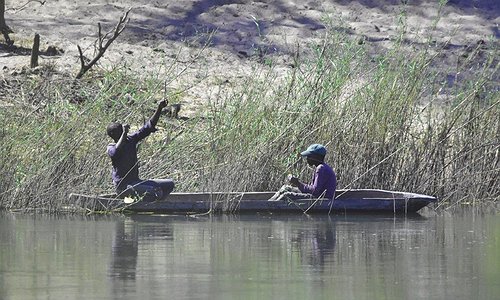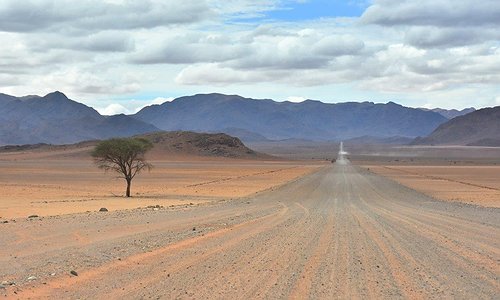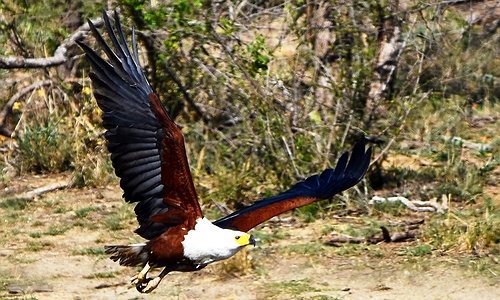Border crossings without headaches

Crossing borders in southern Africa are rarely without its rituals. Papers shuffle, passports open and close. You learn the soft authority of uniformed voices, the unspoken order of queues, the quiet camaraderie of fellow travellers. Those who have done it before pack patience with their provisions. They know that a successful border crossing has more to do with your attitude than your paperwork.
There are differences between each post. The flow at Kazungula, where Zambia, Botswana, Namibia, and Zimbabwe almost touch, feels vastly different to the hum of activity at Chirundu or the stillness of Sendelingsdrif. Yet what they share is the unmarked line between preparation and presence. Arriving with documents is only the first half. The rest is a manner of being.
Most self-drivers on overland travel routes like the Cape to Cairo, or those winding from Maun through to Windhoek, understand that borders are moments of pause. These are not simply gateways. They are thresholds. Time folds here. Sometimes you wait. Sometimes you watch. Occasionally, things go quickly. Either way, you do not push. You let the crossing unfold as it needs to.
Language helps. So does humility. A greeting in the local dialect, a polite tone, a willingness to answer questions without defensiveness - all of this softens the process. It's not only about efficiency. It's about respect. These are sovereign spaces. You are a guest.
Preparation, of course, matters. Valid TIP documents, certified registration papers, passports with sufficient validity, and third-party insurance for each country are essential. Beyond that, it’s the intangible elements that ease the way - your presence, your calm, your flexibility. Travellers who approach a border crossing like a negotiation often make it harder for themselves. Those who treat it like a conversation, or even a cultural exchange, move through with less resistance.
The Kgalagadi border posts between South Africa, Namibia, and Botswana exemplify the value of local knowledge. Ask rangers at Twee Rivieren about recent delays. Check vehicle requirements for gravel routes. Know what can and cannot be carried across. Meat, for example, is frequently restricted across veterinary fences in Botswana and Namibia. It is not a matter of inconvenience. It is a matter of biosecurity.
Some of the smaller posts - Matsamo, Pontdrift, or Ramokgwebana - offer faster transitions but limited hours. Timing matters. Crossing into Zimbabwe at night, or leaving Lesotho during a long-weekend rush, can turn a 30-minute stop into a multi-hour wait. Planning your route around quiet windows is part of the craft of regional movement.
Technology has smoothed some processes. Online pre-clearance at certain crossings or mobile payments for vehicle fees save time. Yet even now, in the era of digital borders, the traveller’s mindset remains the deciding factor. A good crossing is not fast. It is fluid. It is human.
As you pull away from the gate, stamped and waved through, a new landscape opens. Mopani thickets give way to open plains. Language shifts. Road signs change. Even the rhythm of the road seems different. You’ve crossed more than a line on a map. You’ve crossed into another story. And if done well, you’ve carried the dignity of travel with you across it.




